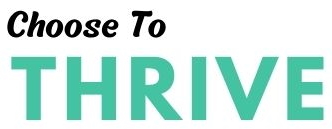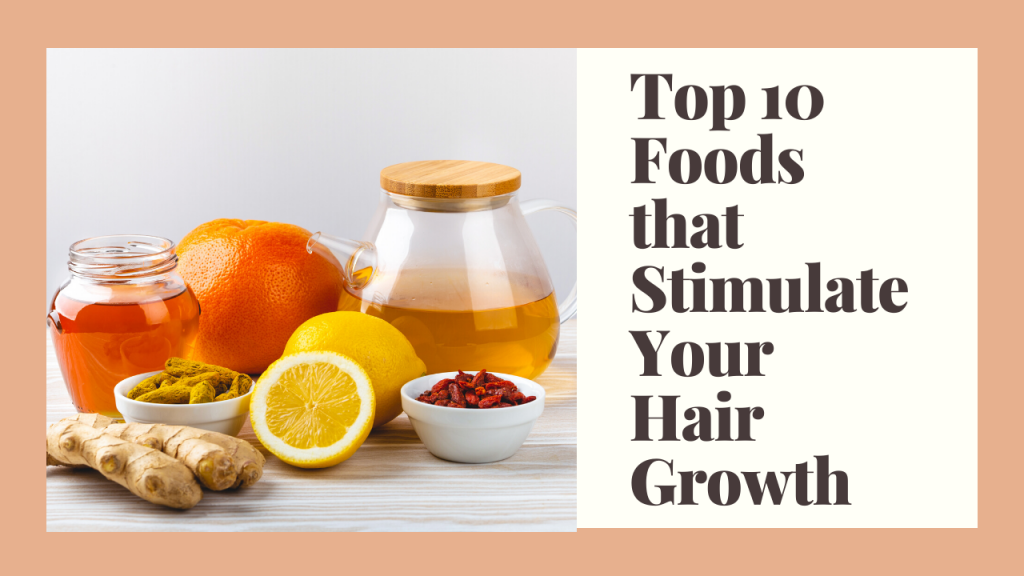Everyone wants a full head of thick, gorgeous hair, but it can be more difficult to come by than many people realize. For men, typical male pattern baldness can easily get in the way as there is a 4 in 7 chance of receiving the baldness gene. For women, female pattern baldness can afflict as many as 1/3 of women at some point in their lives, although this figure ratchets up to 2/3 among post-menopausal women. The psychological effects of hair loss (the formal medical term for it is alopecia) can be profound, often more so for women than men because of societal norms and expectations. In this article, I will present some important information about the science of hair loss and then give some nutritional strategies that will help keep your hair looking its best.
The Science of Hair Loss
There are particular hormones called androgens that have a lot to do with hair growth. The one that seems to be most related to hair loss is called dihydrotestosterone, though it is mostly referred to by its acronym, DHT. This androgenic hormone is responsible for governing the three different hair growth phases (anagen, catagen, telogen), though how it actually works still remains something of a mystery. What happens, however, is a process called “follicular miniaturization” wherein the hair follicle begins to deteriorate, leading to greater lengths of time between shedding a hair and having a new one get started. As the follicle shrinks, the healthier-looking “terminal” hairs become thinner, shorter, less-pigmented “vellus” hairs that never mature into the better terminal hairs. The loss of both thickness and volume of hair continues until the follicle becomes completely inactive and produces no more hair of any type whatsoever.
What Can Help Maintain Hair?
As noted in a previous article, the best thing you can do for your hair is maintain optimal overall health by paying attention to hydration (drinking 8 glasses of water each day, 8 ounces each), getting plenty of aerobic and strength exercise each week, and maintaining a well-balanced, nutritional diet.
Foods that Stimulate Hair Growth
The remainder of this article is going to drill down into information specifically about what you can do with your diet to keep your hair healthy.
Iron
For women, Harvard Medical School notes the following related to iron intake: “In some women, iron deficiency could be a cause of hair loss. Your clinician may test your iron level, particularly if you’re a vegetarian, have a history of anemia, or have heavy menstrual bleeding. Iron supplements are recommended if a woman’s iron level is less than 70 nanograms per milliliter. According to the Mayo Clinic, foods that are rich in iron include the following:
- Red meat
- Pork
- Poultry
- Seafood
- Beans
- Dark green leafy vegetables, such as spinach
- Dried fruit, such as raisins and apricots
- Iron-fortified cereals, breads and pastas
- Peas
It is important to note that the human body absorbs iron best from meat than any other source. However, there are plenty of health and other reasons to minimize meat in your diet, so if you don’t want to get iron from meat, you’ll have to pay even more attention to getting it from the other sources listed. In fact, although the iron in meat helps with hair, the fats found in meat can actually promote hair loss, so be forewarned. You may also choose to take an iron supplement. Also note that you can increase the amount of iron you absorb from your diet by making sure you get plenty of vitamin C, which is known to boost iron absorption. Citrus fruits are a great source of vitamin C. Getting enough iron is important for both men and women, but it tends to be more problematic among women.
Biotin
Biotin is known by a couple of other names, including vitamin H and coenzyme R. It’s a water-soluble vitamin in the B complex. It plays a key role in the metabolism of fats and amino acids, both of which are important to healthy hair. Getting enough biotin will also help your nails stay healthy and strong. A normal diet typically results in the body’s intestinal bacteria producing plenty of biotin, usually more than the body even needs, so it’s relatively rare to be deficient in biotin. For this reason, it’s a good idea to check with your physician before trying to significantly boost your intake of biotin. However, foods that are rich in biotin include egg yolks, liver and yeast. Again, however, especially with eggs and meat, there are many reasons to not go overboard with those. Even better sources without those concerns include peanuts, almonds and sweet potatoes. Other great sources include Swiss chard, carrots, salmon, tomatoes and walnuts.
Protein
Protein is absolutely essential to healthy hair. However, getting plenty of protein can also have unintended negative impacts on your health depending on the sources from which you get it. Again, there are all kinds of reasons to limit your intake of red meat even though it is rich in protein. Alternative sources of protein include fish (especially salmon), nuts of all kinds and legumes (beans). The great thing about salmon is that although it is high in fat, it is the heart-healthy kind of fat (the omega-3 fatty acids).
Zinc
Zinc is another nutrient that plays a key role in the body being able to build the proteins necessary for health hair, but you can also get too much of it. A great source of zinc is seafood, but especially oysters. Beef and lamb are also rich in zinc, but again there are many reasons to not eat much of either of those. The next best sources of zinc include toasted wheat germ, spinach, pumpkin and squash seeds, nuts (especially cashews) and beans (especially cooked mung beans).
Top 10 Foods that Stimulate Hair Growth
Based on what foods have been mentioned above in getting optimal amounts of nutrients that play a key role in maintaining healthy hair, you can see some definite patterns emerging. These coincide quite nicely with what WebMD lists as the top 10 foods for healthy hair:
- Salmon – Rich in protein, omega-3 fatty acids and vitamin D.
- Walnuts – Rich in protein, omega-3 fatty acids and vitamin E.
- Oysters – Rich in both zinc and protein.
- Sweet potatoes – Rich in beta carotene that is turned into vitamin A.
- Eggs – Rich in zinc, selenium, sulfur and iron.
- Spinach – Rich in iron, beta carotene, folate and vitamin C.
- Lentils – Rich in protein, iron, zinc and biotin.
- Greek yogurt – Rich in protein, vitamin B5 and vitamin D.
- Blueberries – Rich in vitamin C and antioxidants.
- Poultry – Rich in protein, zinc, iron and B vitamins.
This represents your go-to list of foods that stimulate hair growth. Focusing on making sure these 10 items are featured prominently in your diet will do wonders for you hair.



Comments are closed.